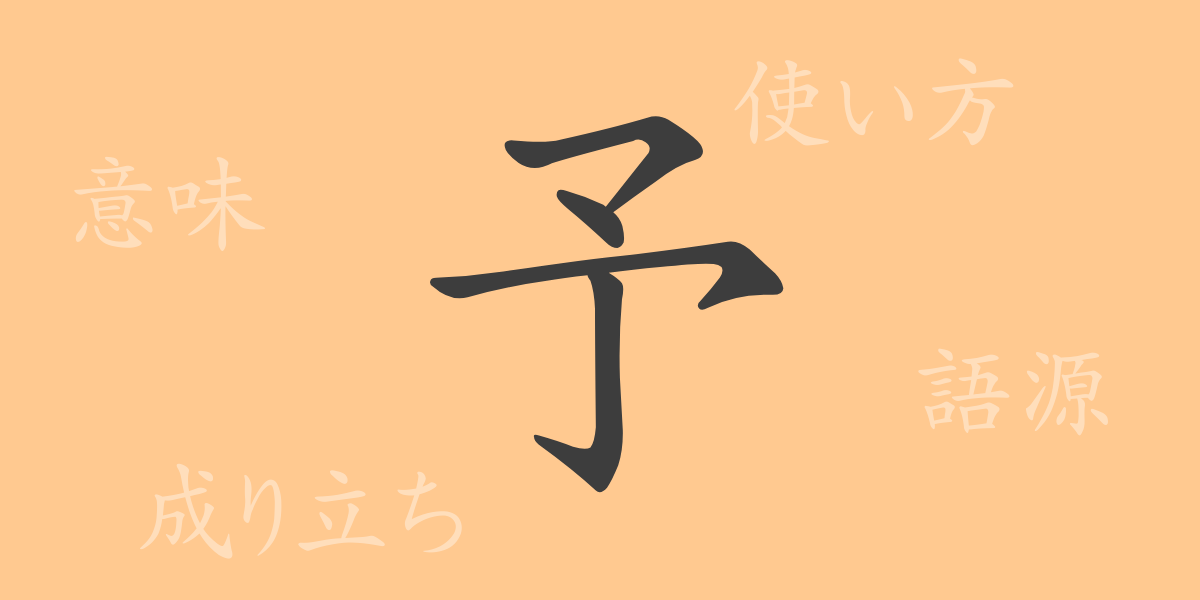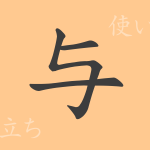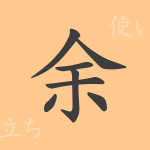Japanese kanji (かんじ) are known for their rich meanings and intricate shapes, adding depth and color to the language. One of the commonly used kanji, “予” (よ, yo), despite its simple form, carries a multitude of meanings and uses. This article delves into the historical background and modern usage of the kanji “予” (よ, yo), aiming to deepen the understanding of Japanese language learners.
The Origin of 予 (よ, yo)
The kanji “予” (よ, yo) traces its origins back to ancient Chinese oracle bone script. Initially, it was used as a pictographic character meaning to predetermine something. It was created to express concepts related to time and promises, and later evolved to serve various purposes.
Meaning and Usage of 予 (よ, yo)
In modern Japanese, “予” (よ, yo) is primarily used to mean “in advance” or “beforehand.” It is widely used to indicate future events, as seen in words like “予定” (よてい, yotei) meaning “schedule” and “予報” (よほう, yohou) meaning “forecast.” Additionally, it can signify planning or estimation, as in “予算” (よさん, yosan) meaning “budget.”
Reading, Stroke Count, and Radical of 予 (よ, yo)
The kanji “予” (よ, yo) encompasses several fundamental aspects that should be mastered in Japanese.
- Reading: The on’yomi (音読み, on’yomi) is “ヨ” (よ, yo), and the kun’yomi (訓読み, kun’yomi) is “あらかじ” (あらかじ, arakaji) or “あらかじめ” (あらかじめ, arakajime).
- Stroke Count: “予” (よ, yo) has a total of 4 strokes.
- Radical: Its radical is “二” (に, ni), characterized by the two horizontal lines at the top.
Compound Words, Idioms, and Proverbs with 予 (よ, yo) and Their Meanings
There are numerous compound words, idioms, and proverbs in Japanese that include “予” (よ, yo). For instance, “予感” (よかん, yokan) means an intuition or feeling about a future event. “予測” (よそく, yosoku) signifies predicting future events based on some grounds. “予算” (よさん, yosan) refers to the act of estimating planned expenditures and income in economic activities, and “予約” (よやく, yoyaku) means making a reservation or booking in advance.
Summary of 予 (よ, yo)
The kanji “予” (よ, yo) is a significant character in Japanese due to its wide range of uses and historical background. It is extensively used from everyday conversations to specialized contexts, enriching the meaning of words and facilitating smooth communication. Through this article, you have likely gained a deeper understanding of the diverse aspects of “予” (よ, yo) and enhanced your knowledge of the Japanese language.
“`

























